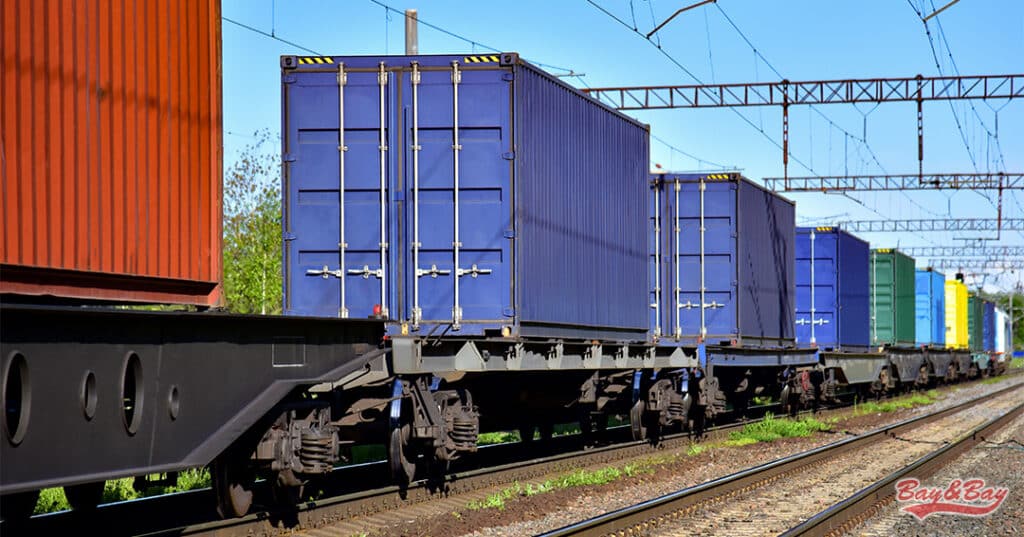Utilizing environmentally friendly freight transportation strategies is becoming increasingly important to help reduce emissions and lessen environmental harm.
Since pollution has become a significant cause of climate change, shipping and logistics companies are continually looking for innovative ways to guarantee that deliveries arrive on time without affecting the environment negatively.
Intermodal transportation is among the top methods that logistics experts offer quick and trustworthy service while cutting costs and drastically lowering their carbon footprint compared to regular over-the-road deliveries. Intermodal transportation can help in reducing the carbon footprint produced by companies.
According to the EPA, switching from a roadway to a rail system can cut greenhouse gas emissions by as much as two-thirds per ton-mile of freight.
This is crucial as businesses strive to lower their carbon footprint to adhere to environmental standards and achieve their sustainability targets. Let us look at how intermodal shipping is making the environment safer.

Intermodal Transportation and Carbon Footprint
Intermodal transportation depends on freight trains.They use less fuel to deliver the cargo and have lower total carbon emissions thanks to their improved fuel economy compared to long-haul cargo trucks.
Trains can carry out more work with less energy since they operate faster, have more space than trucks, and have less air resistance. In addition to lowering prices, it also lessens emissions and the demand for fossil fuels, which is more significant from an environmental aspect.
According to the U.S. EPA, switching from OTR to intermodal shipping more than 1,000 miles will reduce carbon emissions by as much as 65%.
Modern shipping companies can transport more intermodal containers, eliminating additional trips. The containers’ efficacy reduces the time needed at the port for other resources by speeding up loading and unloading.
Intermodal and Environmentally Friendly Materials
Intermodal shipping uses aluminum or steel containers for increased space and weight reduction. Since these materials are reusable, it eliminates the use of other materials that are risk-prone. When these containers are no longer reusable, they are used as storage spaces, small houses, and on-site offices.
Moreover, steel and aluminum are recyclable materials, giving them another life and preventing landfill build-up. The recyclable characteristic of steel and aluminum helps reduce waste while making them an environmentally friendly materials for intermodal shipping.
The Bottom Line
Intermodal shipping has become a frequently used transportation medium for its multiple benefits. It uses rail for most of its delivery process, reducing air pollution and carbon footprint. Bay & Bay is a 3PL trucking company that works to transport the shipment to different areas of the country. We offer intermodal shipping to companies while focusing on their environmental friendliness.
